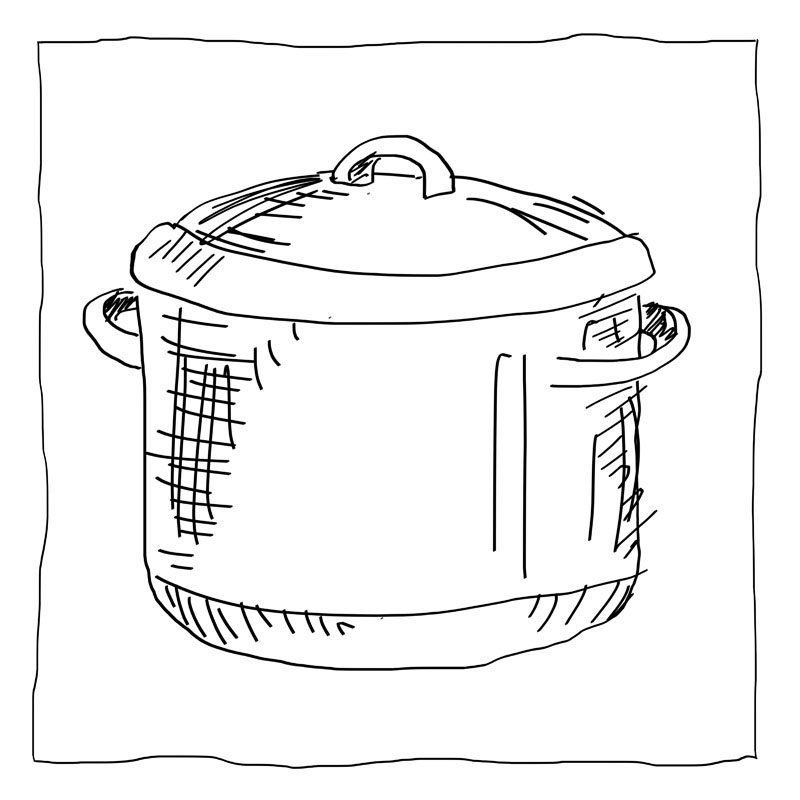The planetary health diet is a guideline to more conscious, sustainable and earth-friendly food-consumption. It is supposed to slow down climate change by reducing greenhouse gas emissions.
- Eat much more veggies, fruits, nuts, and legumes
- Eat much less sugar, starchy vegetables, meat and animal products such as red meat, eggs, and dairy
- Eat regional, seasonal and organic
- Eat an average of 2,500 calories a day.
- Avoid factory-farmed meat and dairy products
- (Maximum of) one serving of beef a week
- (Maximum of) two servings of fish a week
- Get most of your protein from pulses and nuts
- Milk, cheese, eggs or butter are okay in moderation
- At least half your plate should consist of vegetables and fruit
- At least one-third of your diet should be whole grains
Source: Local Newspaper, Harvard






